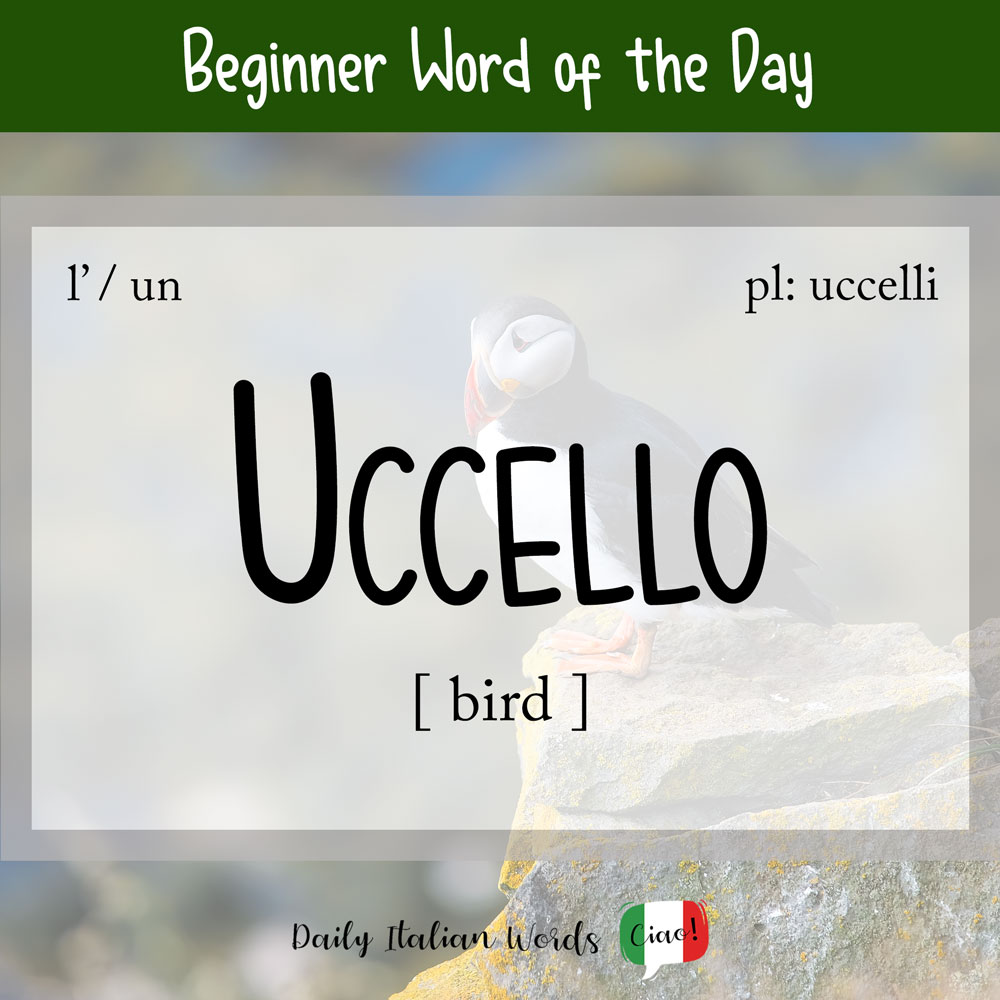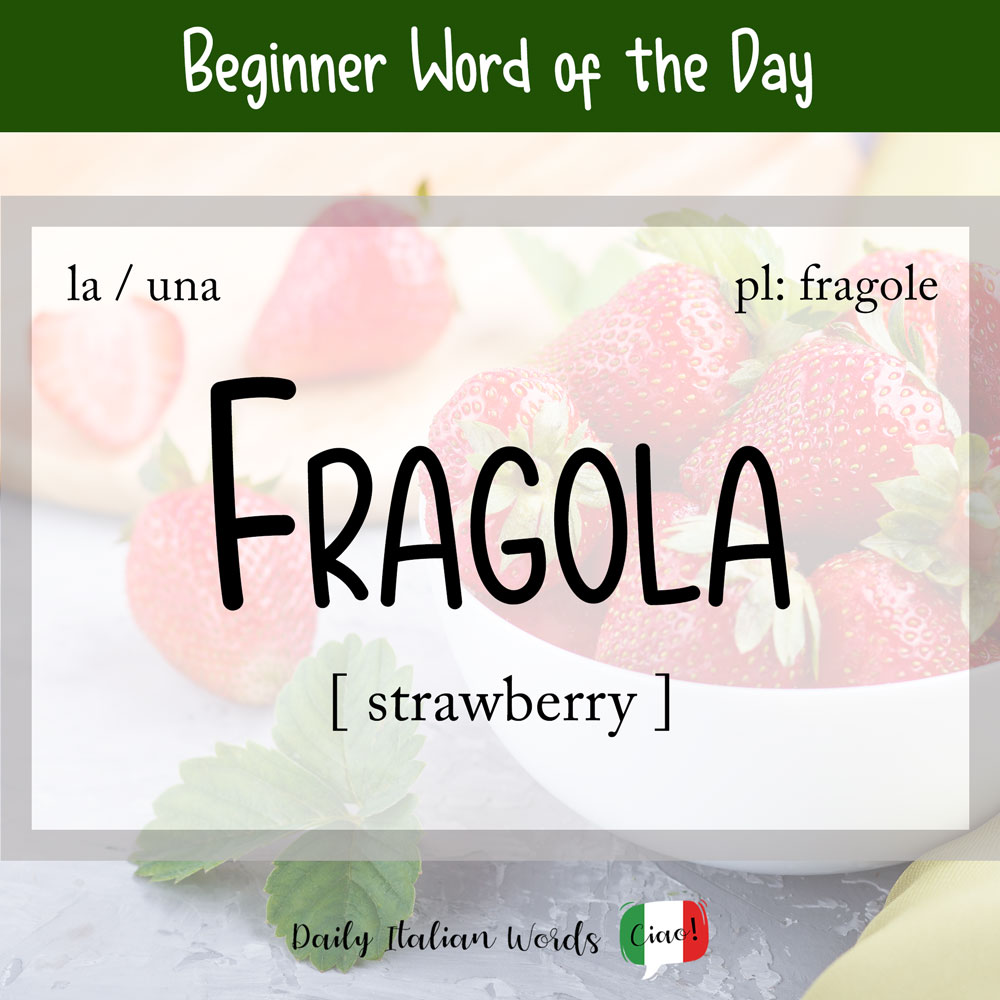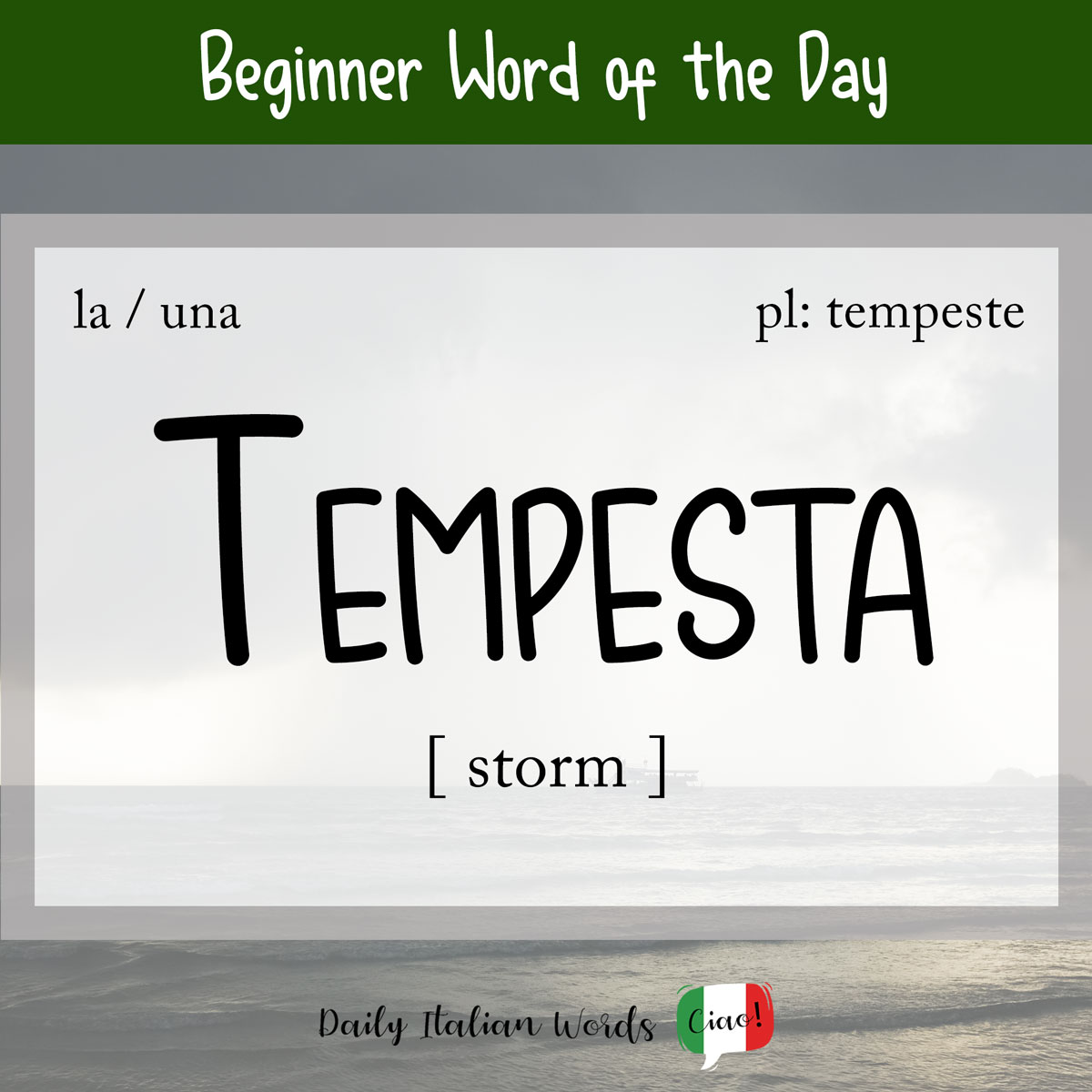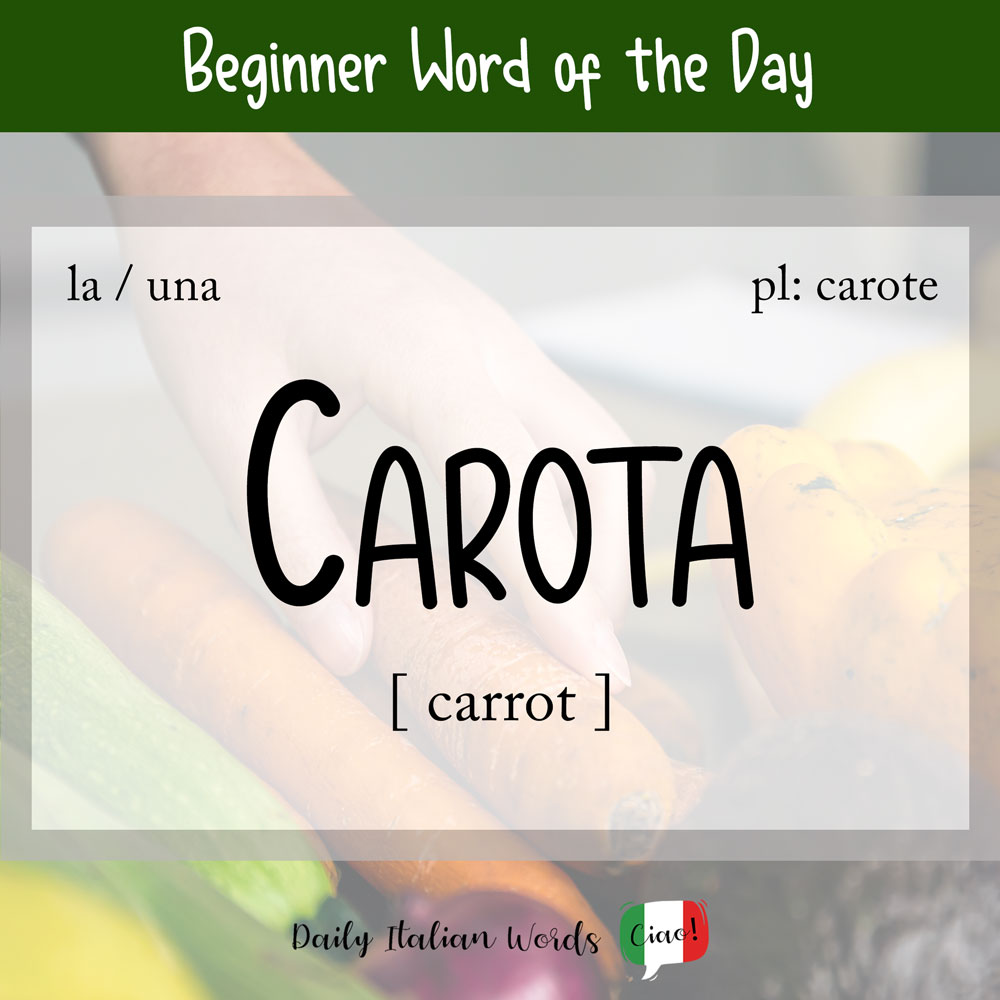Italian Word of the Day: Bar (coffee shop / café)
When English speakers (or more specifically Americans and Canadians) hear the word bar, they tend to think of an establishment that primarily serves alcohol, or alternatively, the counter in a pub or restaurant where one can order refreshments. The term derives from the metal or wooden barrier that is located along the length of the …






